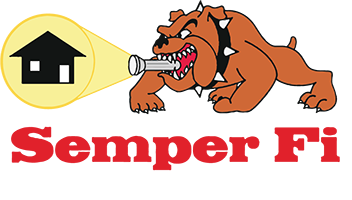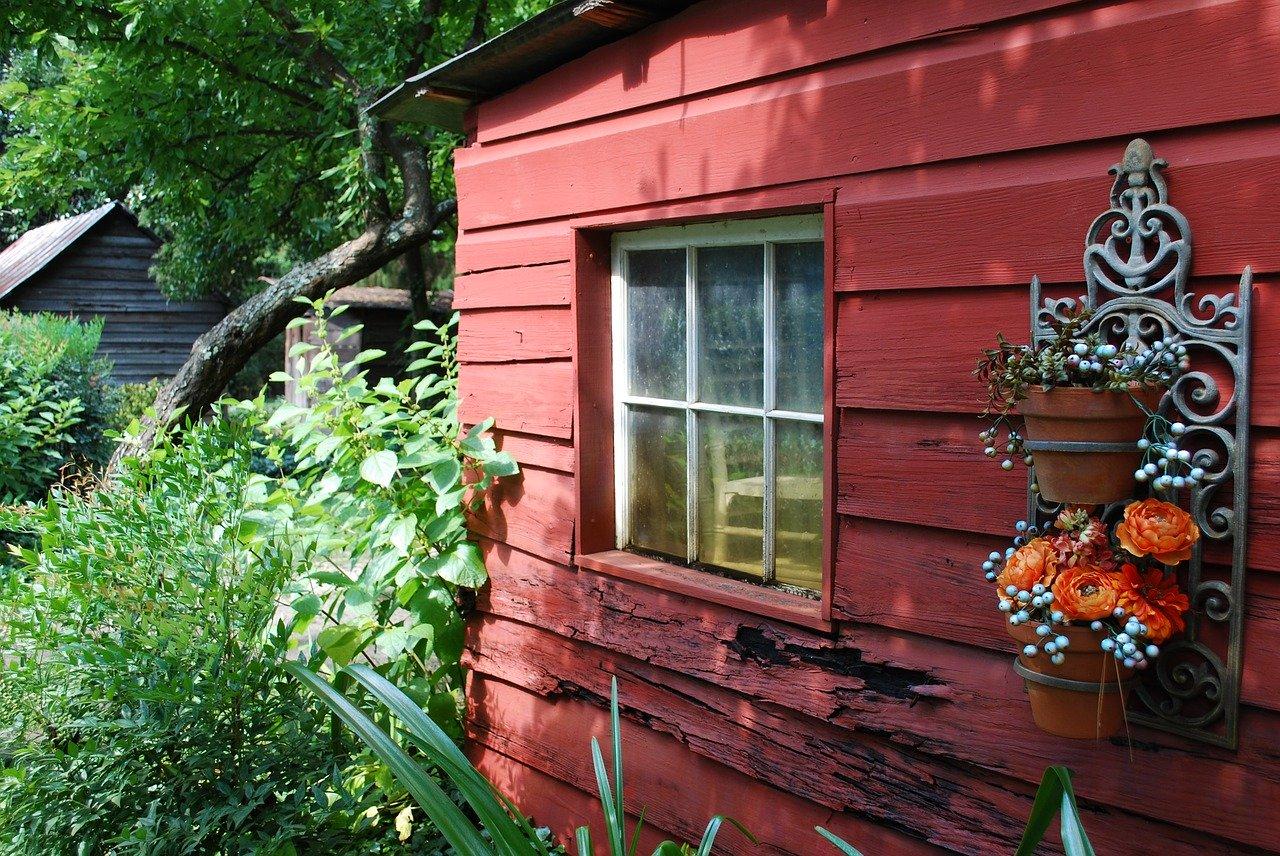Here in the Dallas/Fort Worth Metroplex, we are blessed to have a mix of big city living right next to rural areas within a very short drive. That means that a larger amount of our properties have outbuildings, and in the case of farms and ranches, specifically barns.
One of the most common issues with outbuildings in general is lack of upkeep and maintenance. There are some simple steps that homeowners can take regularly to make sure their outbuildings and barns remain safe, and these are also items that should be checked before they list their property for sale – and are some of the items we would check during an inspection.
Some of the major issues for any type of outbuilding would include fire hazards, safety of equipment storage areas, and safety for humans or any animals such as livestock.

Here are some of the things that should be maintained and checked before a property with outbuildings is listed for sale:
Outbuildings in General
- Water hoses should be drained, coiled and hung off of the floor.
- Exposed splinters and nails should be removed or hammered in, and sharp edges should be sanded smooth, with broken boards replaced.
- Electrical wires should run through conduits and not be in plain sight.
- Gasoline, oil and other chemicals should be stored in appropriate sealed containers.
- ABC-type fire extinguishers, which can put out wood, fire and hazardous chemical fires, should be placed every 75 feet in larger buildings.
- Light sources should be covered with a protective covering.
- Portable electric heat sources should be turned off and unplugged before leaving the barn, as well as away from any potential fuel.
- Wood stoves should be properly ventilated, with their fuel kept in a safe container and at a safe distance so as to prevent accidental ignition.
- Skylights and windows should be checked for moisture intrusion and signs of mold growth.
- Whitewashing the interior brick or cement walls every year or so can decrease the incidence of moisture intrusion and mold growth.
- Dry, tall grass can act as kindling, so a moderate defensible space around outbuildings should be maintained.
- If firewood is used in the home, it should be stored a safe distance from any outbuildings to prevent pest infestation and fire hazards.
- Jute mats should be placed at the barn’s entrances to wipe off boots before entering the barn in order to keep its floors as dry and clean as possible to prevent slip hazards.
Barns and Animal Buildings
- Loose tools and implements can cause injury, so they should be secured or stored out of the way of animal pens and footpaths.
- Feed bags and buckets should be emptied and stowed to prevent injury and to avoid creating an easily accessible food source for rodents and other unwelcome pests, which are natural inhabitants on farms anyway. The same goes for water and food bowls for cats and dogs.
- Hay is extremely flammable and should be stored in a separate building, if possible. Hay should be dried before storage, as wet hay produces heat and can spontaneously combust.
- Doors should be self-latching to prevent the escape of barned animals and the entry of intruders.
- Animal waste should be evacuated from the interior at least daily.
- Conveyor belts used for feeding or for removing waste should be checked regularly to ensure that they are free of oil and dust buildup, which can lead to accidental fire as well as malfunction.
- Barns should be mucked out and swept daily, and more often during times of increased activity, not only to keep floors free of slip hazards but also to keep unwanted pests and odors in check.
For commercial property inspections in the Dallas/Fort Worth area, including a thorough and informative home inspection report, learn more at
or request a quote for a commercial inspection at
682-351-2267



